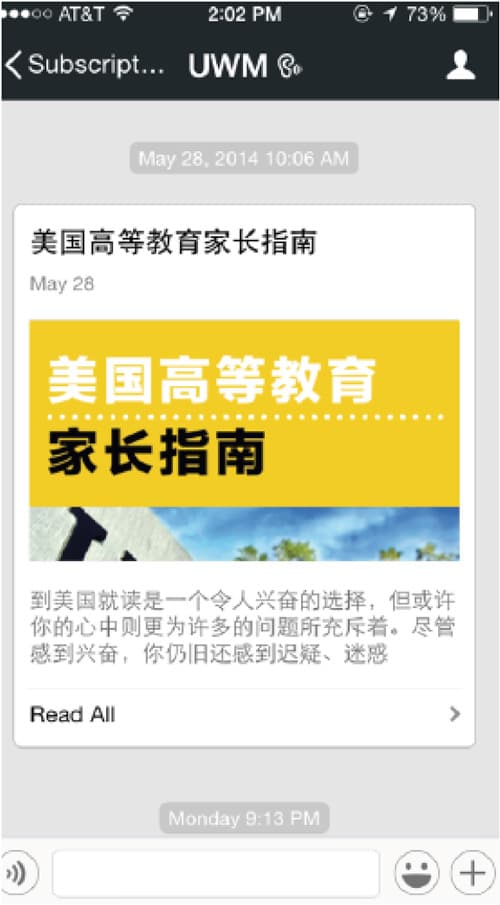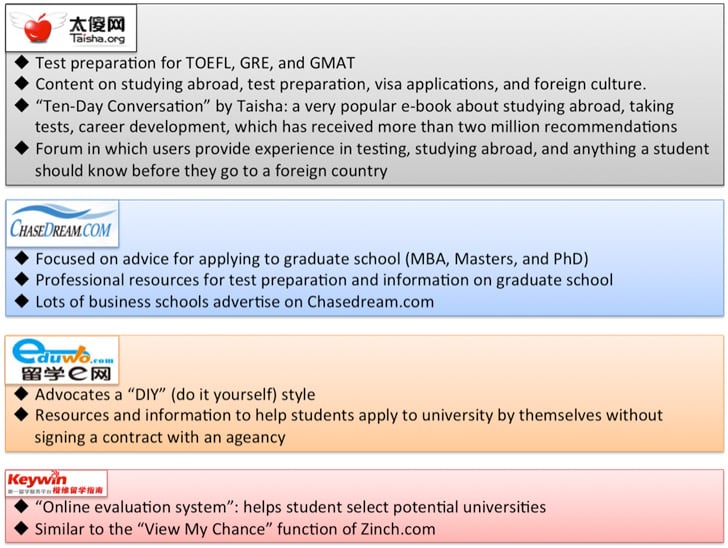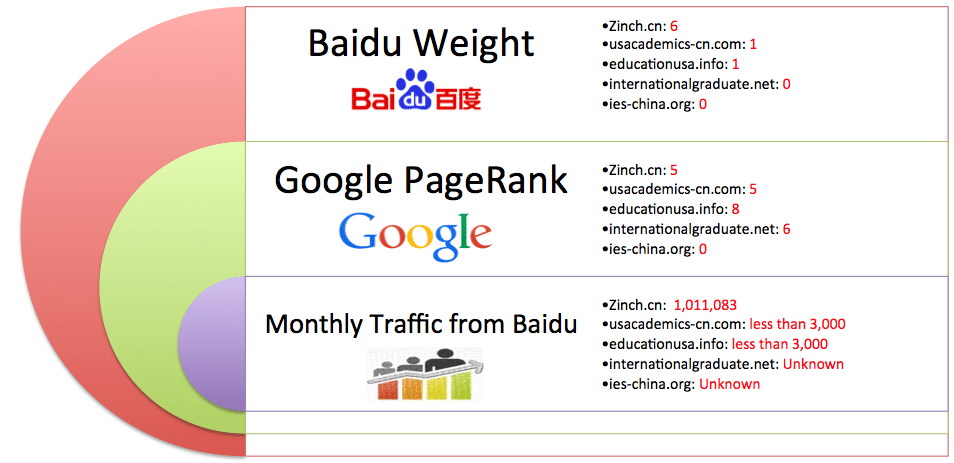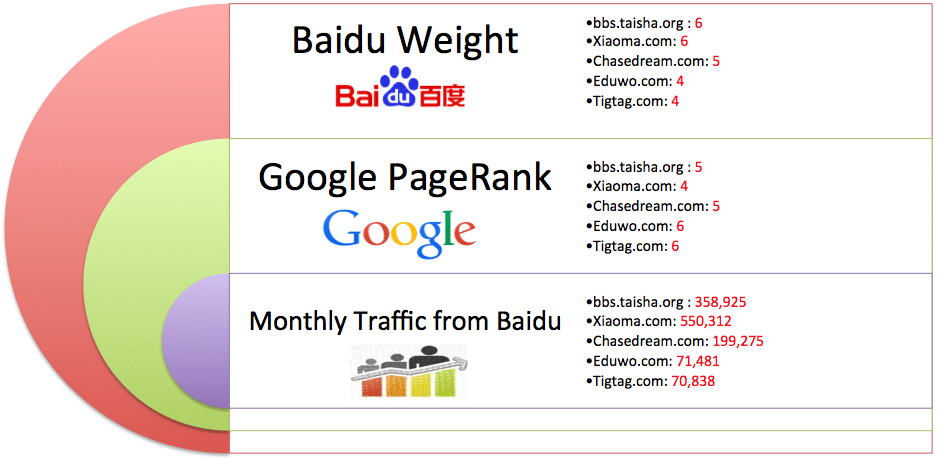10 websites in China your admissions department should know
Is your admissions department challenged with social media and digital media management? It’s no wonder with new sites, platforms, and new channels coming up all the time. Now you enter the Chinese market with your recruiting activities: in addition to a plethora of Western platforms, the digital environment in China poses an even greater challenge with its own set of social media and search engines. We would like to give you a number of practical pointers to enhance your knowledge and your management of the digital footprint of your university or school in China.
As you know, the Chinese government blocks many Western social media platforms such as Facebook, Twitter, and YouTube so that only domestic services – such as Youku, Sina Weibo, Renren, and WeChat – are left for you to work with. Beyond the big social networks in China, which are better known, we will introduce you to a number of specialised websites used by prospective students to research and learn about studying outside China.
It’s good to be digitally ambitious, and you may want to be present in one or more of the big social media platforms that are specific to China, such as WeChat, QQ, or Sina Weibo. Though as it is with all Western social media platforms, it is good practice to only start your presence if you can maintain regular current content delivery and engagement.
So don’t take on too many platforms at the same time. Many universities use student assistance to support these efforts. This can be helpful but be aware that you need to control the registration and the login information so that you don’t lose access when your student worker is moving on.
We like WeChat in particular as a fast-growing and easy-to-maintain social media platform, and we’ve included an example below of a WeChat microsite for the University of Wisconsin-Milwaukee.

Study abroad websites in China
Now let’s introduce you to a number of websites that are created for students to find information about studying in Western countries or outside China.
We carried out research to identify 10 leading websites in China for prospective students. The following chart highlights a few of the biggest, such as Taisha and ChaseDream, and the information they offer. During our research, we noted with interest that some of these websites are also connected or have their own student counseling businesses.

Search engine results in China
Lastly, let’s address one other challenge in managing your digital footprint in China: identifying the websites that matter in terms of reach and audience. We found one service call SEOChinaz, which provides an indication on the level of traffic and relevance in the search engine world in China. The following figures draw on SEOChinaz, Baidu, and Google data to provide an overview of relative rankings and reach of selected study abroad websites.
The figures provide a Baidu weight as well as a Google PageRank for each website. Baidu weight is a ranking scheme – ranging from zero to ten – that reflects the search optimisation and reach of the site. The Google PageRank is derived from an algorithm that measures the number and quality of inbound links to a website. The figures also provide a monthly traffic estimate for each website as reported by SEOChinaz.
As the first figure illustrates below, Zinch (now called Chegg in the US) is well-known to many US admissions departments and ranks high in terms of Baidu weight, while ies-china.org does not even register. Please note, however, that such rankings need to be monitored constantly since search engines, such as Baidu, can and do regularly change their algorithms and ranking methodologies.


















